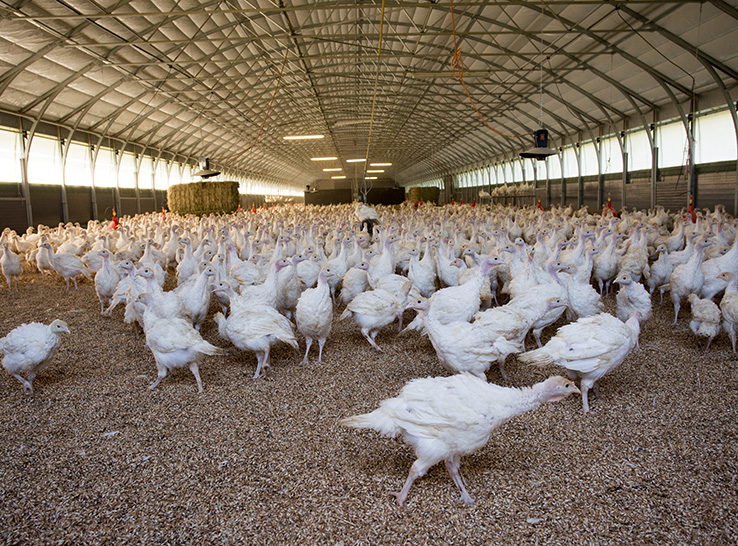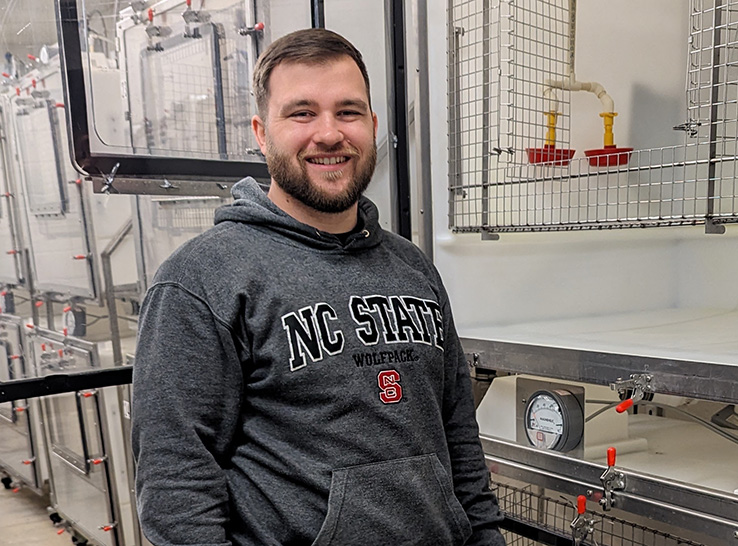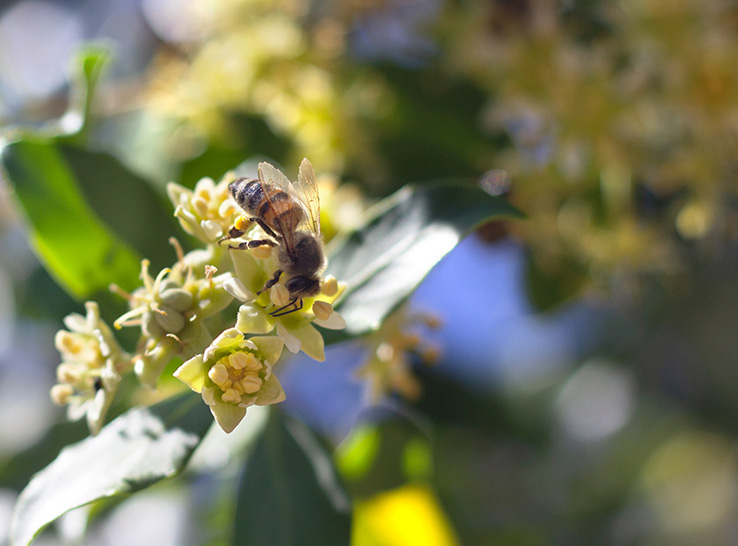Earlier infection by the protozoan parasite Cochlosoma anatis, which is widespread on turkey farms in the eastern US, appears to result in worse outcomes for young birds.
Work by scientists at North Caroline State University and the University of Georgia1 demonstrated that infecting turkey poults with C. anatis at day 0 or day 7 resulted in higher mortalities than those infected at day 14 or birds in a non-infected control group.
Investigators used 200 day-old poults in the study and challenged them with approximately 500,000 C. anatis cells, administered by oral gavage, at the three time points. The birds were then grown to 28 days of age, with weights recorded throughout the trial.
As well as the effects on mortality, weight gain was significantly lower in birds infected at day 0 compared to the other two time points. However, uniformity tended to be reduced the earlier birds were infected, although this fell marginally outside statistical significance. There were no observed differences in feed conversion ratio or gut permeability between groups.
Observation and early intervention key
“The concern for C. anatis is growing. The number of cases per year is increasing in the eastern US, along with the frequency with which farms are seeing repeated outbreaks of cochlosomiasis,” explained Justin Lowery, a graduate research assistant at North Carolina State University, who led the work which was presented at the 2023 International Poultry Scientific Forum.
The presence of the parasite in flocks generally results in high morbidity but low mortality. The issue is made more serious by the lack of usable commercial treatments, as well as established methods to prevent C. anatis spread in a turkey house or halt its introduction onto farms.
“The work reinforces the idea that strict observation of poults early in life is immensely important,” Lowery said.
“If sick poults can be identified and removed from the flock, the farmer can potentially reduce the amount of birds that get sick or delay the onset of disease to allow the birds to grow larger before their growth becomes stunted.”
C. anatis needs a moist environment to survive, so producers could also look to slow the spread of the parasite by increasing the frequency of turning over litter and top-dressing, he added.
1 Lowery J, et al. Assessing the effect of time of infection with Cochlosoma anatis in turkey poults on flock uniformity and gut health. International Poultry Scientific Forum, 2023, Atlanta, USA.





